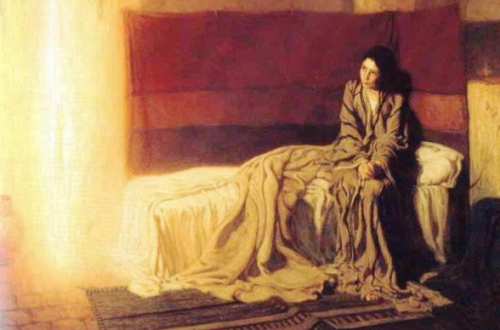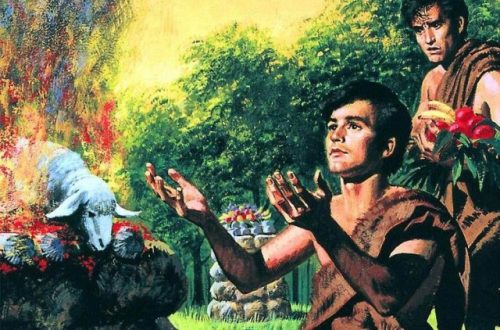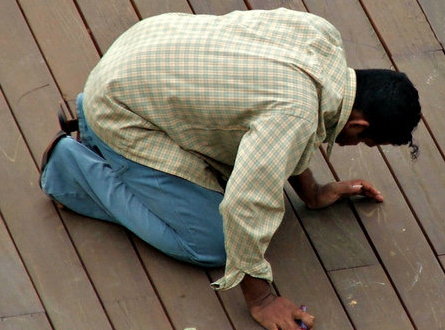The Importance of Intercession – Hos 2:1-3
The second chapter of Hosea is written in poetic form. The language of this literary style is generally more figurative than straight prose. This does not mean we can take it less seriously, but it does mean that details may be more illustrative than concrete. The theme is what’s critical. In other words, the idea is to look at the forest, not the trees. The theme is God’s sovereignty in exposing sin and the people’s choice to accept sin’s exposure and repent or face exposure to conquest by a merciless enemy. Ultimately God sees at least some who rejected Him will return and be fully restored.
The second chapter of Hosea is written in poetic form. The language of this literary style is generally more figurative than straight prose. This does not mean we can take it less seriously, but it does mean that details may be more illustrative than concrete. The theme is what’s critical. In other words, the idea is to look at the forest, not the trees. The theme is God’s sovereignty in exposing sin and the people’s choice to accept sin’s exposure and repent or face exposure to conquest by a merciless enemy. Ultimately God sees at least some who rejected Him will return and be fully restored.
O Brother
Hos 2:1 Say to your brothers, “You are my people,” and to your sisters, “You have received mercy.” The literary siblings here, like the images of wife or children, represent groups of people close to the heart. The logical reference would be to Israel and Judah, respectively. In the Messianic sense these could be viewed as fellow believers, whether Jewish or Gentile, who have been brought into the family of God through the blood of Christ.
O Mother
Hos 2:2 “Plead with your mother, plead— for she is not my wife, and I am not her husband— that she put away her whoring from her face, and her adultery from between her breasts; There is a call to God’s children to plead with their “mother,” Israel. Here the nation is seen as distinct from its people. The family imagery accurately illustrates the situation while at the same time communicating powerful instructions. The king is the representative of the people much the way a mother represents her children. The king exercises dominion over his people just as a mother maintains control of her children in her home. Where mother leads, children typically follow. In this case the mother is “whoring.” Sexual sin is symbolic of idolatry. An adulterer is unfaithful to their spouse in much the same way an idolater is unfaithful to God. Like a father stepping in when the mother is out of line, God is warning the people, His children, that they must confront their government leaders and demand repentance for the idols they erected and worshipped. In contemporary application, as individual believers we are called to a personal relationship with God and we are directed to defy false and syncretistic doctrine in the guise of Christianity and the Church.
Or Else
Hos 2:3 lest I strip her naked and make her as in the day she was born, and make her like a wilderness, and make her like a parched land, and kill her with thirst. If the nation of Israel does not turn from its idolatry, it will be brought down in shame. The nation will be stripped of authority, broken economically, and deserted. These things all came to pass just a few years after Hosea’s prophecy was given. Even today we can and should expect God to overthrow false religion. At the end of time we know that all will face the ultimate Truth and all of the enemies of Christ will be put in total submission, even death itself.


